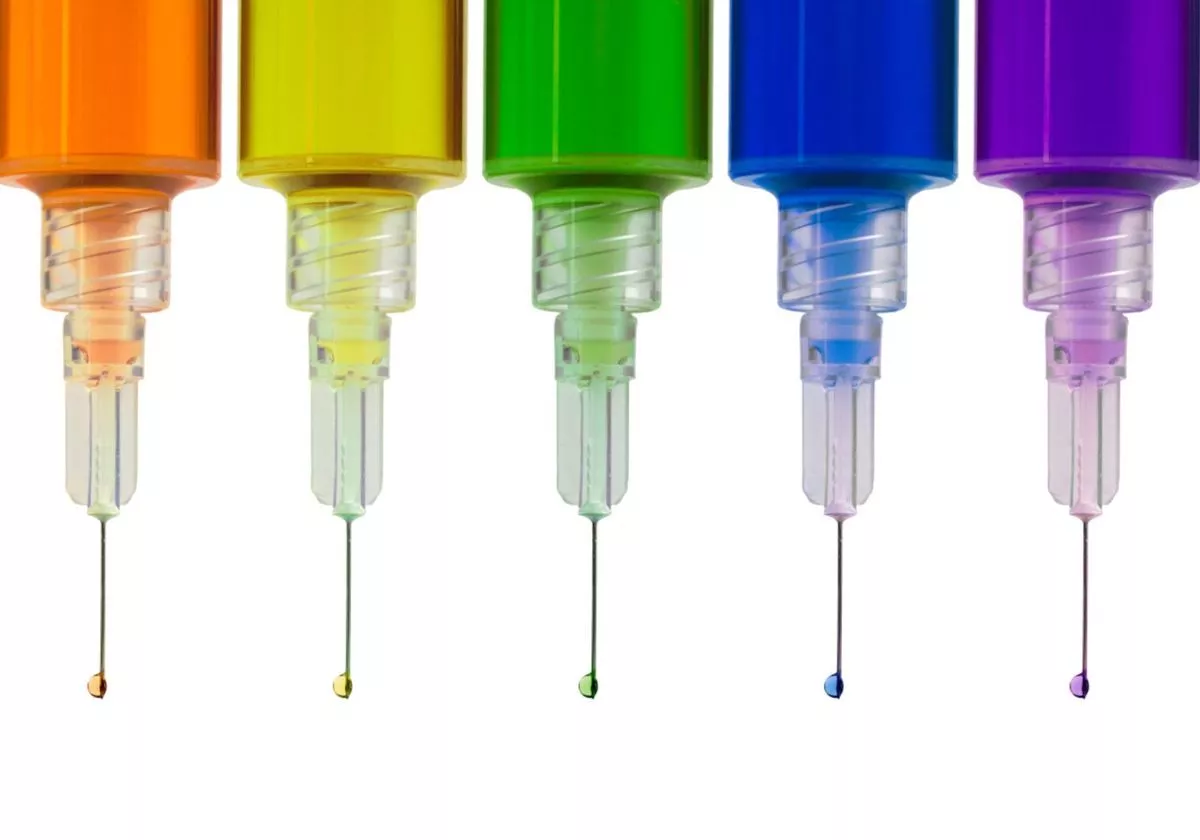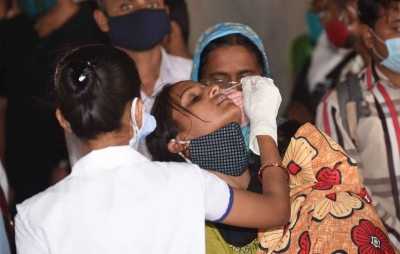Every combination of mixing and matching COVID-19 vaccine booster shots increased immune response without safety concerns, according to preliminary data from a US National Institutes of Health study released on Wednesday.
The mix-and-match method seemed to give the biggest boost to single-shot Johnson & Johnson recipients who get their second dose from Moderna or Pfizer.
The study aimed at looking into the possibility of "mixing" vaccines which is not allowed in the country at present.
The study was conducted on 458 adults who had been vaccinated with one of three US-approved brands (Pfizer, Moderna or J&J) for at least 12 weeks.
Researchers then analyzed antibody levels 15 days after the booster shot.
Also read: Britain giving 3rd booster shot of Covid vaccine to all above 50 years, ignores WHO advice
For people originally inoculated with J&J, antibody levels were four times higher after a J&J booster, 35 times higher after a Pfizer booster and 76 times higher after a Moderna booster.
However, the study has its limitations as it covered only a small number of participants, and the immune response was only for 15 days during the study. This would have to be studied over a longer period of time.
"It is important not to get too carried away with the findings," tweeted Peter Hotez, a professor at Baylor College of Medicine.
Results from trials on a second J&J booster shot conducted by the company itself were "impressive," he added.
The NIH study is expected to be kept in mind by a US Food and Drug Administration (FDA) expert committee, which is scheduled to consider applications for a booster dose from Moderna and J&J this week.
A booster from Pfizer has already been approved in the United States for people aged 65 or older, adults with high-risk medical conditions and those in jobs where they are frequently exposed to the coronavirus.




















